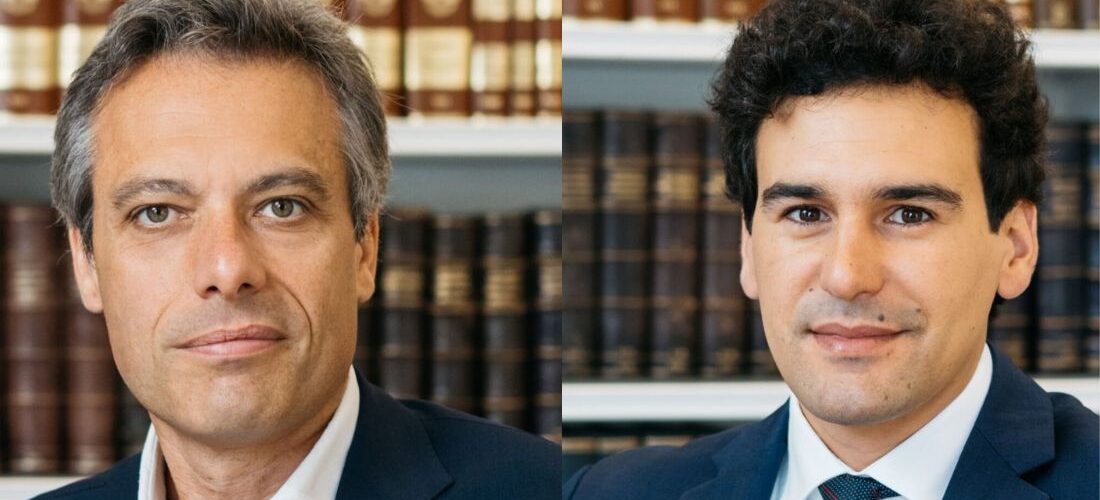Professional secrecy: towards a clearer legal framework
Teresa Mínguez, Carlos Menor and Marcus M. Schmitt analyze the situation of professional secrecy in Spain and Europe: the urgency of effective protection against regulatory and reputational risks
by julia gil
Experts: Teresa Mínguez, official legal director of compliance and integrity at Porsche Ibérica and a member of ICAM; Carlos Menor, legal and compliance director of Renault Spain and Portugal and country representative Spain of ACC Europe; Marcus M. Schmitt, CEO of the European Company Lawyers Association (ECLA).
A professional with an average age of 46.9 years, with an extensive career, who comes mostly from law firms and is currently integrated into large companies in sectors such as finance, technology, energy or infrastructures. This is the “robot portrait” of the in-house lawyer in Spain, according to the latest study by the Madrid Bar Association (ICAM). An increasingly strategic and influential profile in business decision-making but still exposed to a critical challenge: the lack of full recognition of the legal professional privilege (LPP), i.e. the right to professional secrecy and confidentiality of their communications with the company. According to the ICAM study, 52% of those surveyed consider that their confidentiality is little or not at all protected, and 30% claim to have suffered breaches.
A SOLID REGULATORY FRAMEWORK, BUT WITH CRACKS IN IT
Professional confidentiality is already recognized for in-house lawyers in the Spanish legal system. Protected by the General Statute of the Spanish Bar, “it expressly includes the duty and right to professional secrecy as an essential pillar of the profession, applicable to all lawyers, regardless of their type of practice,” says Teresa Mínguez, official legal director of compliance and integrity at Porsche Ibérica and a member of ICAM. Article 32 makes it clear: professional secrecy extends to “all lawyers in the exercise of their profession”.
Even so, practice does not always follow the rules. Cases such as that of Renfe and the CNMC, where the confidentiality of a document, belonging to a legal counsel, was questioned, have set off alarm bells. “These resolutions reflect a restrictive interpretation that does not conform to the current legal framework and pose a risk to the right of defense,” denounces Mínguez.
For Carlos Menor, legal and compliance director of Renault Spain and Portugal and country representative Spain of ACC Europe, the relationship with the internal customer must be considered confidential. “If professional secrecy is not applied, the figure of the lawyer is completely weakened”. From his point of view the CNMC, in the case of Renfe, does not understand that independence. “They have acted in a clearly unconstitutional manner, which is why both the bar association and Renfe itself have appealed those actions,” he denounces.












